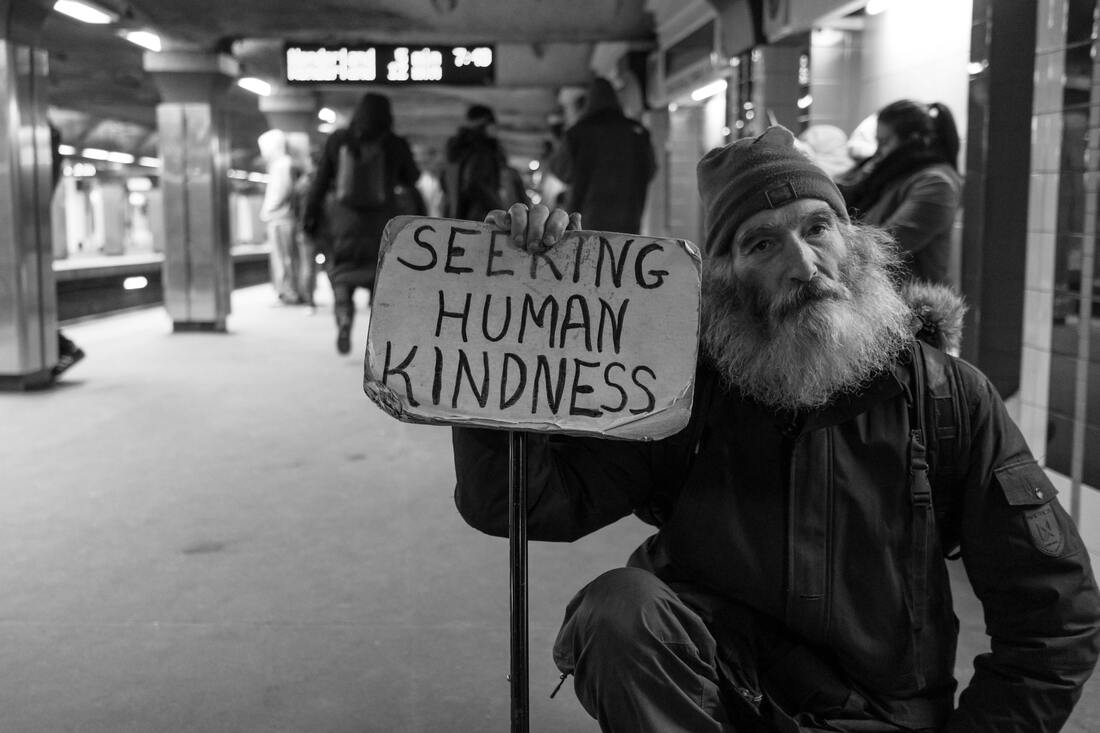Most of the current research on this topic is based on the perspectives of library staff, and there are few relevant New Zealand studies. My project aimed to help fill those gaps: to give homeless library customers a voice and to look at the issues in a New Zealand context.
GENERAL LIBRARY SERVICES
The study participants visited Tūranga regularly and for a variety of reasons. They read, studied, used public computers, played board games, and went to library events. They also used the library for practical reasons, such as charging devices, storing belongings in lockers, keeping warm and dry, sleeping, and using the bathroom. There was an overarching perception of the library as a safe, welcoming space where the participants could relax and temporarily escape difficulties associated with experiencing homelessness.
The participants’ regular use of general library services supports previous research which suggests that libraries are more than just a meeting place or a place to sleep for homeless people, which can be a popular misconception by members of the general public.
“Quiet time, you know. Relax. Take a moment. Have a coffee. Get a chance to read books, you know, lose yourself.” – Participant six
At the time of the study, Tūranga employed a community liaison who was responsible for building relationships with members of the local homeless community and facilitating targeted library services. The participants described the community liaison as someone who listened and helped without judgment.
Some participants thought that libraries should offer targeted services such as jobseeker workshops and classes on life skills. Other suggestions such as providing free food and shower facilities reflect the changing role of libraries, perhaps supporting the need for targeted services in the form of specialist gatekeeper roles like that of Tūranga’s community liaison.
Other participants felt that targeted services were unnecessary because the library’s general services met their information needs, while other organisations met their needs related to experiencing homelessness. One participant suggested that services do not need to be targeted because many library users would benefit from jobseeker skills, for example, not just homeless library users.
“It shouldn’t really matter if you’re homeless or not, everyone’s people.” – Participant four
Most participants spoke about feeling welcome in the library and described library staff as welcoming and warm. A few participants perceived some staff to be friendlier than others and said that they would ‘pick and choose’ who they asked for help.
Most participants also said that they prefer to keep to themselves as much as possible, and generally they liked to be left alone by library staff and other customers. A similar theme was the desire for equal treatment – the participants wanted to be left alone and treated like any other customer. This might suggest that social inclusion for the homeless people in this study may involve feeling accepted by other members of the community, rather than a need to interact with them.
“I feel comfortable [at the library]. I feel at home.” – Participant seven
While targeted services can be effective and are obviously well-intentioned, they can also emphasise differences, thereby further marginalising the target group. Homeless people are often labeled as a homogenous group, instead of people who are experiencing homelessness, but who also have varied needs, motivations, skills, and interests. Current research emphasises that consultation with target groups is important when developing targeted services, instead of making assumptions about what they need. The information needs of a homeless library user depends on their specific situation, just like any other customer.
Employing a specialist staff member, such as a community liaison, to act as a gatekeeper to support services may also contribute to social inclusion by helping to reduce barriers, develop positive relationships, and provide a non-judgemental space in which to seek help when required.
Participants spoke about a desire to be treated equally in the library, and how some staff are perceived as more welcoming than others, highlighting the importance of staff training, particularly in libraries that do not have specialist support staff. Such training could include awareness of homeless issues and homelessness in New Zealand, and sessions on unconscious bias, behaviour management, and de-escalation techniques.
Aotearoa has one of the highest rates of homelessness in the OECD. So it is more important than ever for public libraries to ensure they contribute towards the social inclusion of their homeless customers by providing a safe space, with well-trained, non-judgemental, and welcoming staff, equitable treatment, and library services that include input from homeless customers themselves.
“We need the library. It’s the only place to go in the city, after everything, after we leave [a local homeless organisation]. There is nowhere else. […] Basically, where do you go? The library.” – Participant four



 RSS Feed
RSS Feed